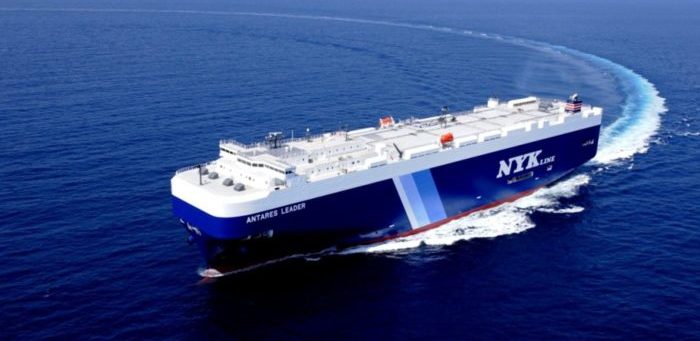The European Commission found that the Chilean maritime carrier CSAV, the Japanese carriers “K” Line, MOL and NYK, and the Norwegian-Swedish carrier WWL-EUKOR participated in a cartel concerning intercontinental maritime transport of vehicles, and imposed a total fine of €395 million. All companies acknowledged their involvement in the cartels and agreed to settle the cases.
For almost 6 years, from October 2006 to September 2012, the five carriers formed a cartel for deep sea transport of new cars, trucks and other large vehicles, such as combine harvesters and tractors, on various routes between Europe and other continents.
The Commission’s investigation revealed that, to coordinate anticompetitive behaviour, the carriers’ sales managers met at each other’s offices, in bars, restaurants or other social gatherings and were in contact over the phone on a regular basis. In particular, they coordinated prices, allocated customers and exchanged commercially sensitive information about elements of the price, such as charges and surcharges added to prices to offset currency or oil prices fluctuations.
Further, the carriers agreed to respect each other’s traditional business on certain routes or with certain customers, by quoting artificially high prices or not quoting at all in tenders issued by vehicle manufacturers.
The Commission said the cartel affected both European car importers and final customers, as imported vehicles were sold within the European Economic Area (EEA), and European vehicle manufacturers, as their vehicles were exported outside the EEA. In 2016, some 3.4 million motor vehicles were imported from non-EU countries, while the EU exported more than 6.3 million vehicles to non-EU countries in 2016. Almost half of these vehicles were transported by the carriers that have been fined today.
Commissioner Margrethe Vestager, in charge of competition policy said:
By raising component prices or transport costs for cars, the cartels ultimately hurt European consumers and adversely impacted the competitiveness of the European automotive sector, which employs around 12 million people in the EU.
The Commission’s investigation, that included cooperation with Australia, Canada, Japan and US, started with an immunity application submitted by MOL. The fines were calculated on the basis of the Commission’s 2006 Guidelines on fines:
- MOL received full immunity for revealing the existence of the cartel, thereby avoiding a fine of ca. €203 million.
- NYK received a fine of EUR 141,820,000, CSAV a fine of EUR 7,033, 000, “K” Line EUR 39,100,000, and WWL-EUKOR EUR 207,335,000. All four benefited from reductions of their fines for their cooperation with the Commission, reflecting the timing of their cooperation and the evidence they provided to help the investigation.
- Under the 2008 Settlement Notice, the Commission applied a reduction of 10% to the fines imposed on the companies in view of their acknowledgment of the participation in the cartel and of their liability in this respect.
Responding to the decision by the Commission, the companies made the following official statements:
…NYK wishes to express its sincere regret to shareholders, customers and all relevant personnel for the concern caused by this matter. NYK will continue to make a best effort to prevent recurrence and to recover trust as a company.
MOL offers its sincere apologies to its valued customers and to the society for their concerns this may have caused…We are making our best efforts to prevent any recurrence of such issues, to further enhance MOL’s compliance structure, and to regain public confidence.
“K” Line takes this matter seriously and has taken steps to further strengthen its compliance and training programs to ensure compliance with all applicable laws and regulations.































































